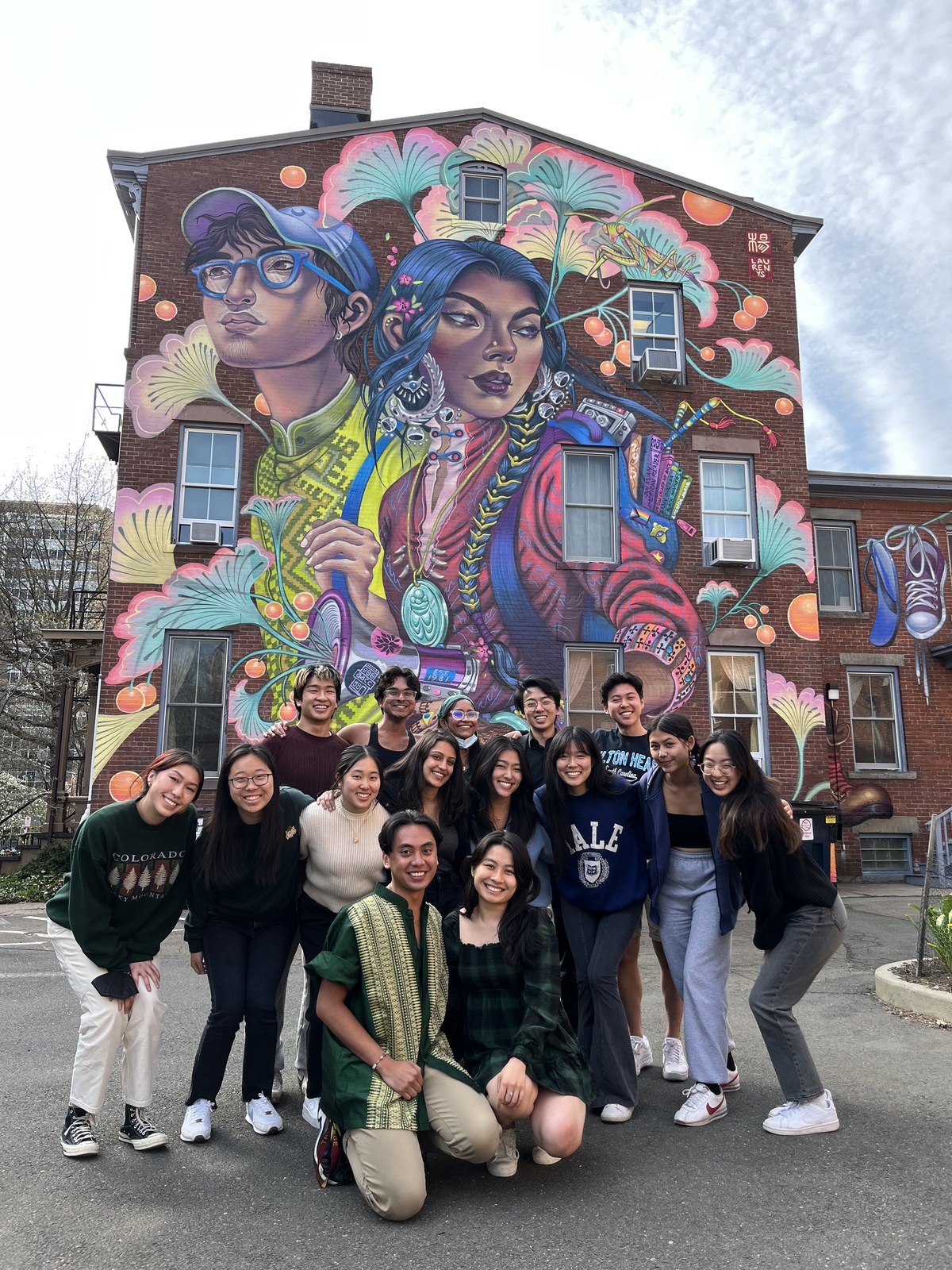FUFUNAN: Let them drink boba
"The Asian American Students Alliance at Yale is committed to building the largest tent possible. Coalition-building has always been central to our work."

Courtesy of AASA
I like boba. I’ve racked up countless Snackpass points at Loose Leaf; for my birthday, half of my gifts were Strawberry Matcha Lattes. In my prefrosh Facebook introduction post, I welcomed other Yalies to “hit me up if they want to be boba buds!”
I am not the only Asian American that likes boba. Far from it actually! There’s a whole class of Asian Americans derided as “boba liberals” who, just like the drink, tend to be mostly sugar and little substance. The term has come to encompass substanceless, apolitical, and commercialized liberal “activism” — one that reduces the complexity of the Asian American experience to mere tokens — like boba. Twitter user @diaspora_red is commonly cited as the original articulator of many of the ideas, and they conceptualize boba liberalism as “thinking t-shirts, products, and merchandise are the main way of affirming one’s racial identity.” It is the epitome of performative activism. They’ll show up in droves to 88rising concerts but fail to match that energy for South and Southeast Asian creatives. They’ll clamor for #representASIAN but fail to recognize how other axes like class, gender and sexuality interact with — and are inseparable from — racial representation. They’ll fight for the elevation of “Asian American culture,” but it’s a narrow conception: one that prioritizes an upper-class, predominantly East Asian-centric experience.
Yet, for me and countless other Asian Americans, boba liberalism was a starting point. It made me think about Asian American issues in the first place — even if my conceptions were not fully fleshed out. Entering political spaces is intimidating; those who wish to broaden their political consciousness may be put off by the ease at which organizers can deftly articulate theoretical frameworks and historical contexts at seeming ease. How, then, can grassroots movements appeal to a broader audience?
A couple weeks ago, “Pachinko” author Min Jin Lee returned to campus to deliver a talk. I got the opportunity to ask her a question live, and I asked about her experiences in Asian American organizing during her time as a student here at Yale. She left me with one guiding principle: “I’m trying to build the largest tent with the strongest players.” At first glance, boba liberals may not seem like players at all — perhaps more eager to go to Whale Tea than to go to a protest. Under their materialism, however, boba liberals are ultimately just Asian Americans passionate about their communities. How can we redirect this passion to create material change?
The Asian American Students Alliance at Yale is committed to building the largest tent possible. Coalition-building has always been central to our work. In 1969, co-founder Don Nakanishi, picked up “Asian-sounding names” from a phonebook. Thirty-five students — out of the only 50 or so on campus — answered the call and gathered over dinner. Over the years, AASA has served many roles: a coalition of clubs, a community outreach organization, an occasional headache for Yale administrators. It has always, however, remained firm to its commitment to elevating the political consciousness of Asian Americans.
These days, more than fifty years later, our meetings still look about the same. We meet in the AACC’s living room — a space our predecessors fought to claim decades ago. Over the past academic year, our efforts have ranged from our massive Night Market to intimate discussions. These past few years, one of the most requested topics for our signature “What is Asian American?” discussion has been boba liberalism. Most of those in attendance — including, in 2020, myself — were just beginning to reckon with the political implications of their identity. We breezed through a crash course on diasporic history; now, I can recite the lecture by heart. I am grateful to have had this space to grow, and I hope that we continue to be a place for all Asian Americans — including boba liberals — to be comfortable exploring and expanding the complexities of their identity.
Look out in the fall for AASA’s open meeting times. I promise our tent is quite big here — sometimes, we even have free boba.
Resty Fufunan ’24 is the co-moderator of the Asian American Students Alliance. He is a rising junior in Trumbull College studying Statistics & Data Science and Ethnicity, Race, & Migration.







